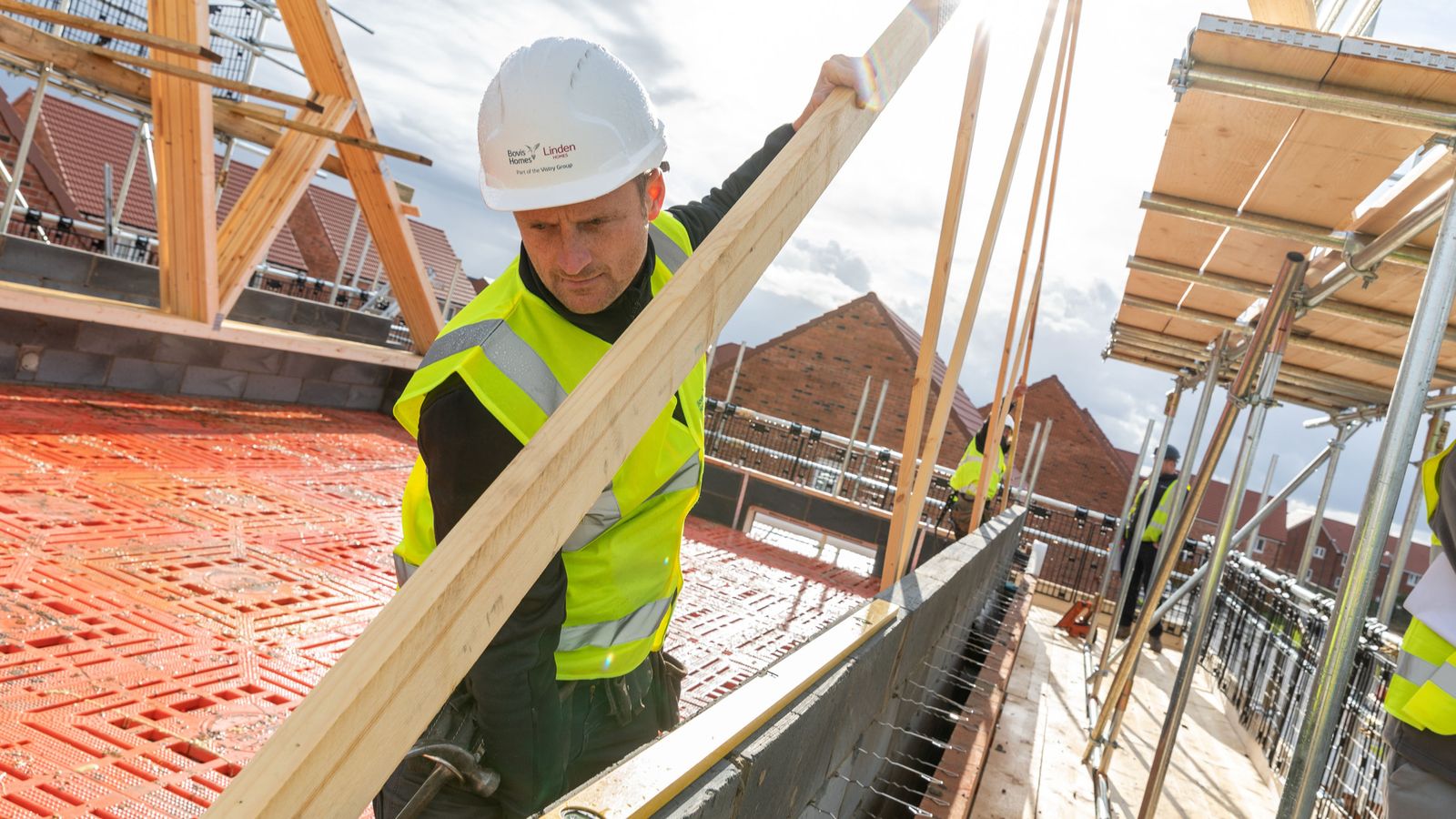It has been one of the great business turnarounds of recent years.
Five years ago, amid a booming housing market, Bovis Homes was doing so badly that it was actually suffering falling profits.
The newspapers were full of stories relating how Bovis was paying customers to move into unfinished homes, some lacking carpets or turf in the garden, in order to hit its sales targets.
Shareholders, at their wits’ end, were openly encouraging rivals to launch a takeover bid.
Then, at Easter 2017, came salvation.
Bovis lured the respected industry veteran Greg Fitzgerald out of retirement to become chief executive and the long haul back to respectability began.
Mr Fitzgerald immediately set about seeking to address the problems surrounding the company’s reputation for shoddy workmanship.
Targets were reduced to more manageable levels and staff retention levels improved after a drive to boost morale and working conditions.
Meanwhile, the company’s rating for customer satisfaction, as measured in the key industry survey carried out by the Home Builders Federation (HBF), rose from two stars in 2017 to five stars in early 2019, by which time, the business was reporting record profits.
Please use Chrome browser for a more accessible video player
Next up, Mr Fitzgerald – who was born in south Wales but who grew up in Torquay in south Devon – embarked on a £1.1bn deal to buy the housebuilding arm of Galliford Try – where he had risen, over more than 30 years, from tea boy to chief executive.
The enlarged business was rechristened Vistry Group, taking the ‘vis’ from Bovis and the ‘try’ from Galliford Try, with all set fair for further growth.
Vistry was predicting record profits for the year when, in early 2020, the pandemic struck.
Building sites and sales centres were closed and, when they reopened, social distancing protocols had to be introduced that cut productivity and increased costs.
The business crashed to a half year pre-tax loss of £12.2m for the first six months of 2020.
The latest half year results, published today, will provide reassurance to shareholders that normal service has been resumed.
Pre-tax profits during the six months to the end of June came in at £156.2m on sales up 82% at £1.1bn.
The HBF customer satisfaction rating remains at five stars, forward sales sit at £3bn, the company is back to generating cash and the interim dividend has been restored.
Vistry also increased the size of its land bank by 5,642 plots during the period and Mr Fitzgerald said today he was confident the company would achieve an operating margin in housebuilding of 25% in the medium term.
Accordingly, Vistry raised its profits forecast for the second time this year, sending the shares up 3.5%.
If there is a fly in the ointment it is, of course, inflation.
Both labour and building materials costs have risen during the last year.
Mr Fitzgerald said: “It is a very difficult job to build a house or an apartment at the present moment in time.
“But our construction teams – you have to take your hat off to them, not just in Vistry, but across all housebuilding businesses – are, to use a technical term, ‘ducking and diving’ well and really managing the supply chain exceptionally well.
“But it is difficult out there, there’s no doubt about it, and this is causing cost inflation – but that is being more than offset by house price growth.
“I’ve been around a long time and it’s the hardest time I’ve known to build a house, in 30 to 40 years.
“It’s incredibly difficult but we’re a good builder, we’ve had to change our practices, we’re having to order materials way in advance of when we would normally do it.
“Labour is an issue on some sites, particularly in and around London with the eastern European labour not around at this present moment in time, but we are finding ways around it.”
He said that, following the acquisition, Vistry was now a bigger business and that helped him to “bang the table” with building materials suppliers in negotiations.
He added: “We’re getting there – but I wouldn’t want that to hide that it is bloody difficult.”
Mr Fitzgerald said he would not be surprised to see some deflation creeping into materials in coming months but predicted wage inflation would be a longer-running issue.
Earl Sibley, the chief financial officer, said around 90% of building materials were being purchased centrally and being fixed as much as 36 months in advance.
He said the cost of timber had spiked in recent months but was confident this would come down before long.
Mr Sibley said build costs were rising at an annual rate of between 4-5% but insisted this was probably lower than the market average of up to 7%.
Against that, Mr Fitzgerald said the company expected the market to remain buoyant and said he expected to see no impact from the end to the stamp duty holiday or the changes to the Help To Buy scheme.
He said the business had responded to higher costs by raising its selling prices by a further 2-2.5% in July across the country and said they were “holding”.
In other words, anyone expecting the cost of a new home to fall in the near future would be well advised not to hold their breath.






















